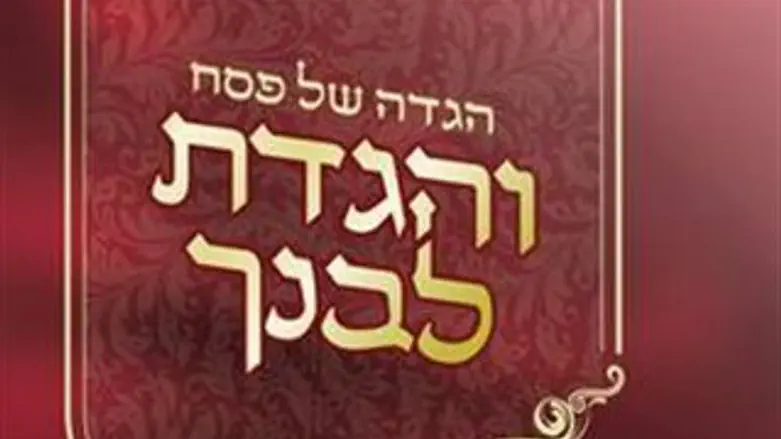

Across the centuries, starting in Norwich and Lincoln in England, the blood libel has served as a weapon in the armoury of antisemitism.
Put simply, the story (fabricated and quite inconceivable) was that the Jews killed a Christian child before Pesach and used his blood to drink as wine at the Seder service. Chaucer built on this story the Prioress’s Tale in a section called “The Ballad of Little Hugh of Lincoln”.
In the 1930s Cecil Roth wrote up the subject of the blood libel, proving that there was no truth in the alleged facts, nor could Jews at any time have committed or condoned murder or drunk blood, and a copy of Roth’s book was formally accepted by the then Pope.
Some years later a plaque was placed in Lincoln Cathedral which said: “Trumped-up stories of ritual murders of Christian boys by Jewish communities were common throughout Europe during the Middle Ages and much later. These fictions cost many innocent Jews their lives. Lincoln has its own legend and the alleged victim was buried in the cathedral. A shrine was erected above and the boy was referred to as ‘Little St. Hugh’. A reconstruction of the shrine hangs near. Such stories do not redound to the credit of Christendom and we pray ‘Remember not, Lord, our offences and the offences of our forefathers’.”
Other attempts have been made in recent decades to besmirch us with versions of the blood libel – an instance of the terrible observation that if a lie is told many times, someone will believe it.
What To Do After Pesach
All that effort, and every year people say they can’t handle it again.
Cleaning the house, shopping for the things that Pesach requires, changing over the dishes, cooking, serving, clearing up, and finally putting the Pesach stuff away and getting back to normal routine. No wonder some people insist that they have to go away for the whole festival – easier said than done in some places. There are people from the Diaspora who insisted, “We’re not going on Aliyah unless you promise that we will go to a hotel every Pesach!”
No-one, as far as I am aware, ever says, “We’re never going to keep Pesach again”; the festival gets hold of you.
The important thing is that after Pesach you look back at the memories and enjoy the thought that this year for the first time this child said Mah Nishtanah for the first time, this year another child was able to stay up to the end of the Seder, this year someone who never seemed interested in Judaism made the effort to come to Seder and really enjoyed it, this year there was a story, a song, a paragraph, a concept that got you thinking. You keep humming the songs for weeks.
There’s no doubt: you’ll do it all again next year.